Maintenance and Safety Measures in Boiler Power Plants
Ensuring the reliability and safety of boiler power plants is paramount. Regular maintenance and stringent safety measures are essential to prevent accidents, reduce downtime, and enhance the efficiency of these critical energy facilities. This blog delves into the importance of maintenance, common practices, and key safety protocols in boiler power plants.
Importance of Regular Maintenance
- Enhanced Efficiency
- Regular Cleaning: Removing deposits and scaling from boilers and heat exchangers to maintain optimal heat transfer efficiency.
- Equipment Calibration: Ensuring all control systems and sensors are accurately calibrated for precise operation.
- Prolonged Equipment Lifespan
- Preventive Maintenance: Regular inspections and timely replacement of worn-out parts to prevent major failures.
- Lubrication and Tightening: Ensuring moving parts are well-lubricated and all connections are secure to reduce wear and tear.
- Reduced Downtime
- Scheduled Shutdowns: Planning maintenance activities during low-demand periods to minimize impact on power generation.
- Predictive Maintenance: Using data analytics and condition monitoring to predict and address potential issues before they lead to breakdowns.
Common Maintenance Practices
- Boiler Inspections
- Visual Inspections: Regularly checking for signs of corrosion, leaks, and other visible damages.
- Non-Destructive Testing (NDT): Using techniques like ultrasonic testing, radiography, and magnetic particle testing to detect internal flaws without causing damage.
- Water Treatment
- Chemical Treatment: Adding chemicals to boiler water to control pH levels, prevent scaling, and reduce corrosion.
- Water Softening: Removing hardness-causing minerals to prevent scale buildup and improve boiler efficiency.
- Cleaning and Descaling
- Mechanical Cleaning: Using brushes and scrapers to remove deposits from boiler tubes and surfaces.
- Chemical Cleaning: Applying specialized cleaning agents to dissolve and remove scale and other deposits.
- Valve and Pump Maintenance
- Valve Inspections: Regularly checking and servicing safety valves, pressure relief valves, and control valves to ensure proper operation.
- Pump Overhaul: Inspecting and maintaining feedwater and condensate pumps to prevent failures and ensure consistent water flow.
Safety Measures in Boiler Power Plants
- Personal Protective Equipment (PPE)
- Mandatory PPE: Ensuring all personnel wear appropriate PPE, such as helmets, gloves, safety glasses, and fire-resistant clothing.
- Regular Training: Providing ongoing training on the proper use and maintenance of PPE.
- Safety Protocols and Training
- Standard Operating Procedures (SOPs): Developing and enforcing detailed SOPs for all operational and maintenance activities.
- Emergency Response Training: Conducting regular drills and training sessions to prepare staff for emergency situations, such as fire, explosions, and chemical spills.
- Monitoring and Control Systems
- Real-Time Monitoring: Implementing advanced monitoring systems to continuously track boiler performance, pressure levels, and temperature.
- Automatic Shut-Offs: Installing automatic shut-off systems that activate in case of abnormalities or unsafe conditions to prevent accidents.
- Fire Safety
- Fire Suppression Systems: Equipping boiler rooms with fire suppression systems, such as sprinklers and CO2 extinguishers.
- Fire Safety Drills: Conducting regular fire drills to ensure all personnel are familiar with evacuation routes and fire-fighting procedures.
- Hazard Identification and Risk Assessment (HIRA)
- Regular HIRA: Conducting comprehensive hazard identification and risk assessments to identify potential risks and implement mitigation measures.
- Safety Audits: Performing regular safety audits to ensure compliance with safety standards and identify areas for improvement.
Real-Life Incidents and Lessons Learned
- Case Study: Boiler Explosion Due to Poor Maintenance
- Incident: A boiler explosion occurred in a power plant due to the failure to address a known corrosion issue.
- Lesson Learned: The importance of regular inspections and timely maintenance to identify and mitigate potential risks.
- Case Study: Fire Incident Due to Inadequate Safety Measures
- Incident: A fire broke out in the boiler room due to a lack of fire suppression systems and poor housekeeping practices.
- Lesson Learned: The critical need for proper fire safety measures and regular safety training for all personnel.
Conclusion
Regular maintenance and robust safety measures are vital for the efficient and safe operation of boiler power plants. By implementing comprehensive maintenance practices, stringent safety protocols, and continuous training, power plants can minimize risks, enhance efficiency, and ensure the well-being of their personnel and the surrounding community.

